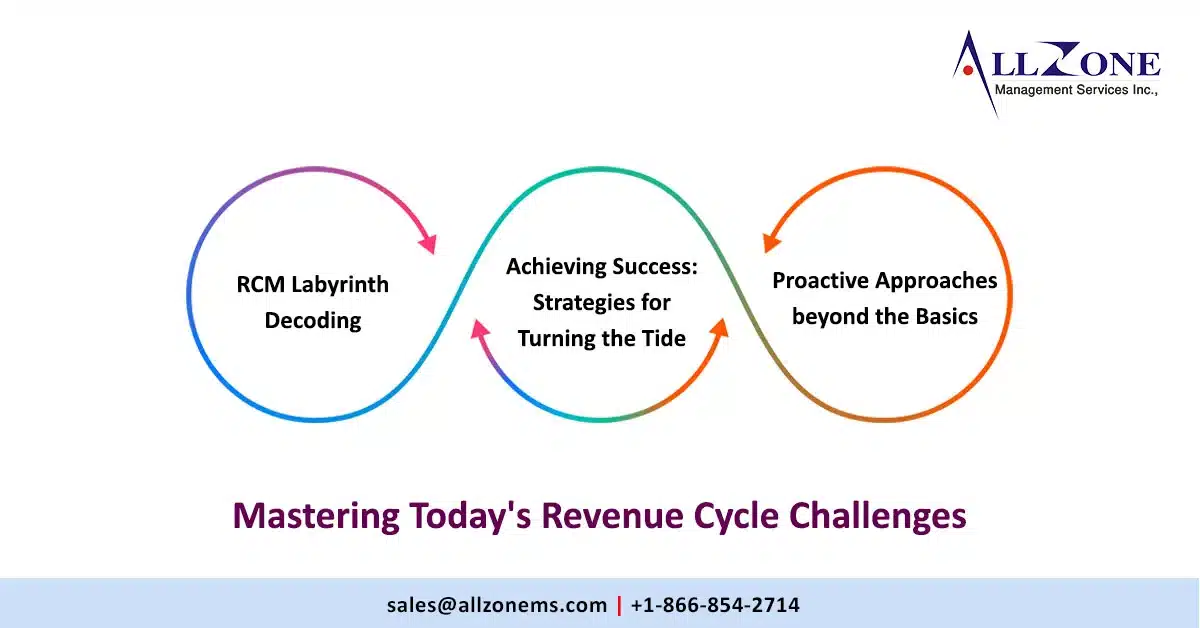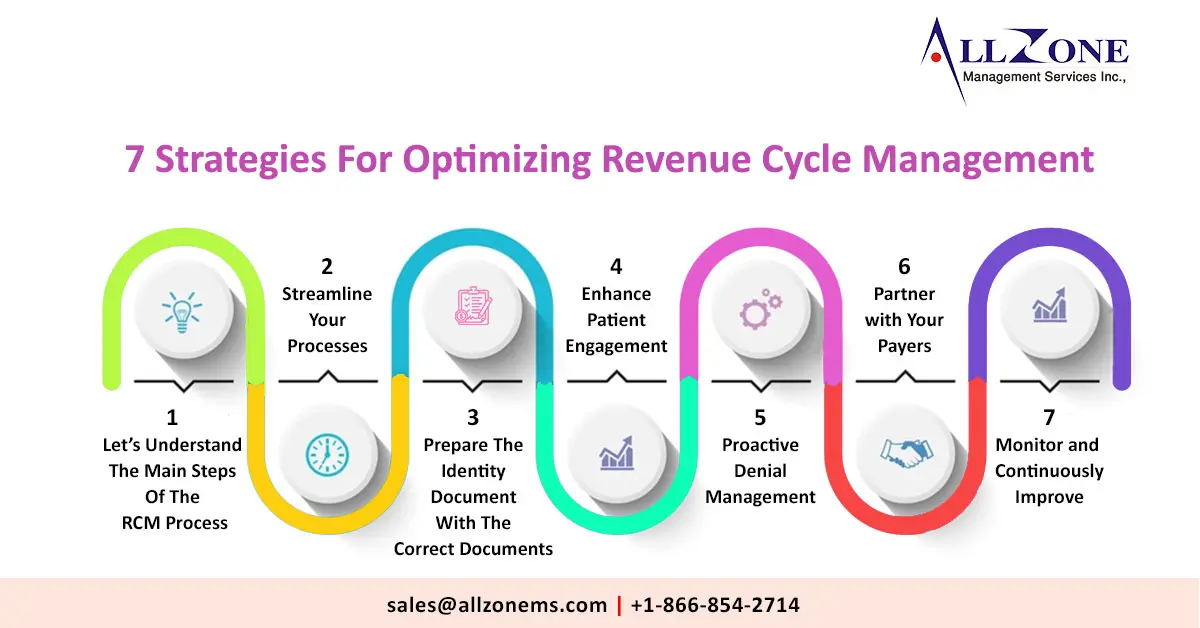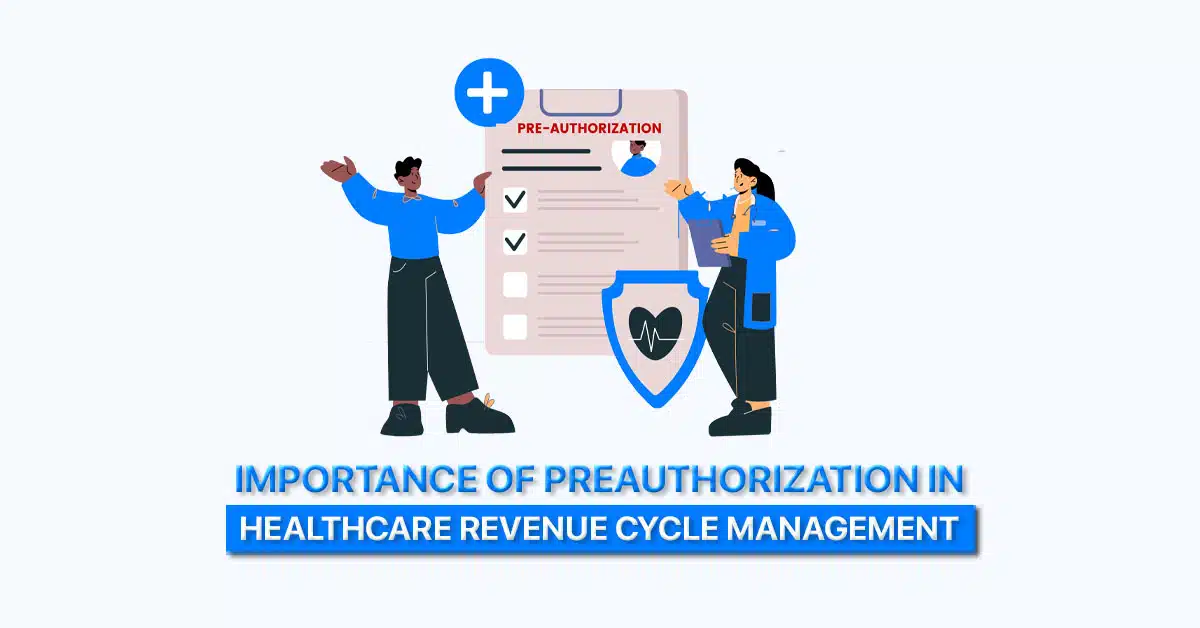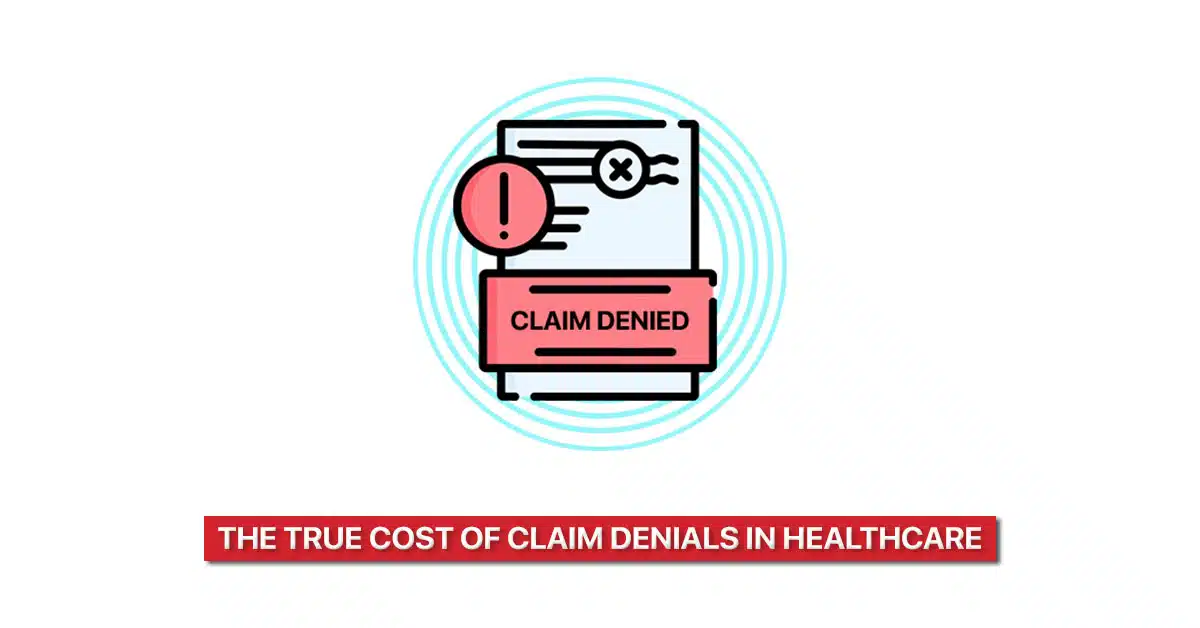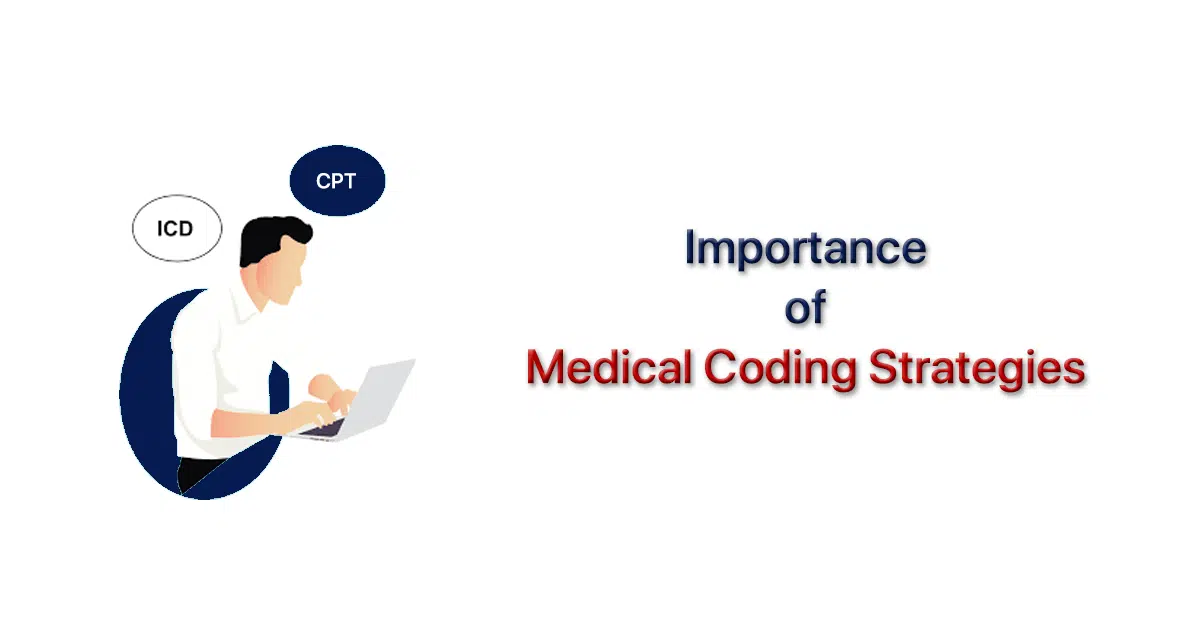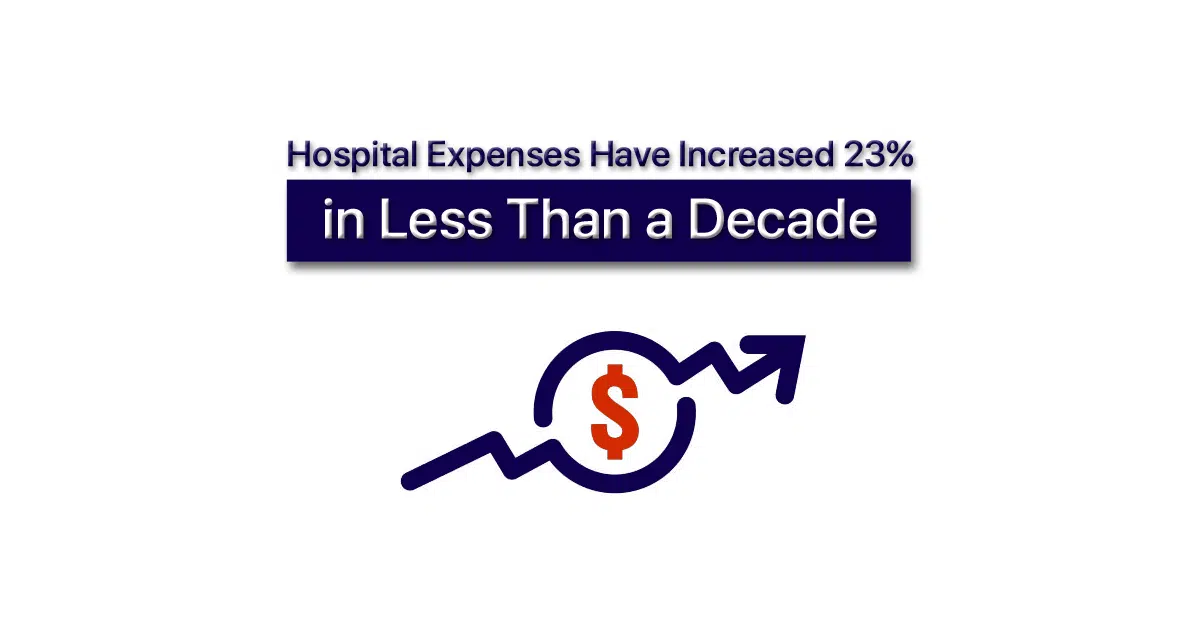RCM Challenges : Today’s fast-paced healthcare industry, where rules are always changing and technology is advancing at breakneck speed, can make it challenging to navigate the complexities of medical billing, coding, and revenue cycle management (RCM). In addition to maximizing cash flow and protecting your practice’s financial health, there is also the constant risk of […]
In today’s healthcare environment, optimizing revenue cycle management (RCM) is no longer a luxury. It is necessary rising costs, complex regulations and rising patient deductibles are forcing healthcare organizations to spend every penny they can. Fortunately, you can use some effective strategies to streamline your RCM process, reduce errors, and increase profitability. Understanding currency conversion: […]
Preauthorization is a process in which a healthcare provider obtains approval from the patient’s insurance company before providing certain services or procedures. This process is important for both the patient and the provider, as it helps to ensure that the services are covered by the patient’s insurance plan and that the provider will be reimbursed. […]
According to a survey, claim denials are considered the biggest obstacle in revenue cycle management, with over 20% of providers reporting an annual loss of $500K due to these denials. A recent survey of healthcare leaders conducted by leading medical billing company revealed that claim denials are causing a significant and costly issue for healthcare […]
Medical coding strategies contribute various benefits, counting cost reduction and control, systematic healthcare management, and increased scalability. Compliance with medical coding qualities also promises patients’ data privacy and security and alleviates the threats of audits. In the current healthcare landscape, keeping up financial solidity has become progressively hard due to the shift from fee-for-service to […]
Supply chain issues, medication costs, and labor challenges sparked by the COVID-19 pandemic have contributed to the spiking hospital expenses. Hospital expenses have increased 23 percent since 2016, a spike researchers attributed to continuous COVID-19 challenges, according to a recent analysis. By analyzing American Hospital Association data, investigators noticed hospital expenses increased 47 percent in 2020when […]
Primary care physicians (PCPs) and other physicians continue to migrate away from the traditional fee-for-service (FFS) reimbursement model toward value-based and risk-bearing care models that reward better outcomes and reduced healthcare costs. Value-based care (VBC) contracts are projected by McKinsey to cover nearly 65 million Americans, or 22% of insured lives, by 2025, up from […]
On April 29, 2022, the Centers for Medicare and Medicaid Services (“CMS”), issued the final rule on Contract Year 2023 Policy and Technical Changes to the Medicare Advantage and Medicare Prescription Drug Benefit Programs (the “Final Rule”). CMS promotes the Final Rule as advancing “CMS’ strategic vision of expanding access to affordable health care […]
The HIPAA Security Rule requires covered entities and business associates to implement technical, physical, and administrative safeguards. The Health Insurance Portability and Accountability Act of 1996 (HIPAA) required the HHS secretary to develop rules for safeguarding electronic protected health information (ePHI). Out of these requirements, HHS created the HIPAA Privacy Rule and the HIPAA Security […]
the payer giant is accused of forcing physician groups out of network to lure them to its subsidiary, Optum. UnitedHealth is the target of a lawsuit by Envision Healthcare and several other physician practices, who claim the country’s largest health insurer engages in a nationwide practice of low reimbursement rates for providers to force them […]

